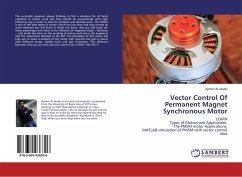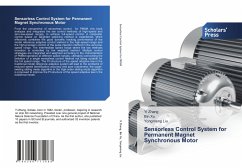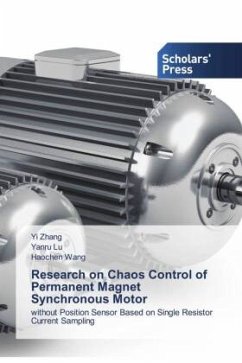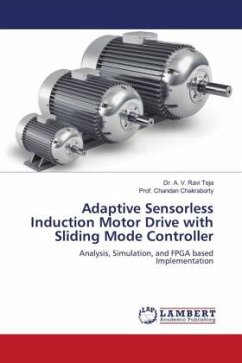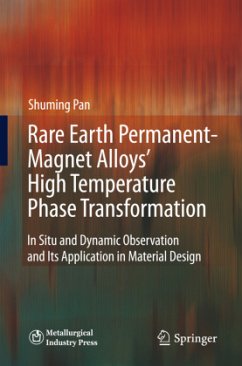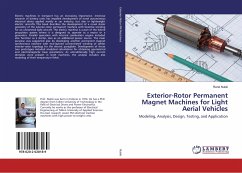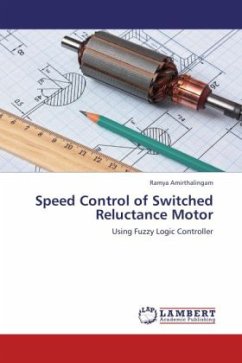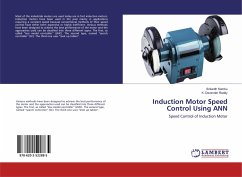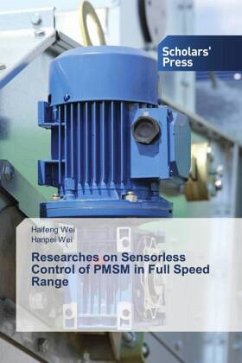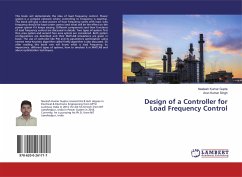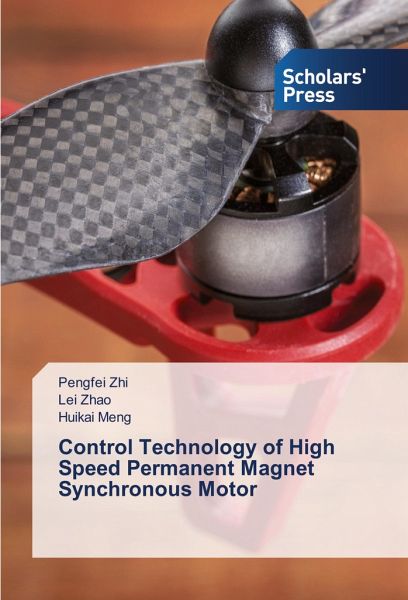
Control Technology of High Speed Permanent Magnet Synchronous Motor
Versandkostenfrei!
Versandfertig in 6-10 Tagen
72,99 €
inkl. MwSt.

PAYBACK Punkte
36 °P sammeln!
Taking high-speed PMSMs as the research object, in-depth study of control system has become an important part of industrial development. The main strategy used in high-speed PMSMs is the vector control system. The rotor position angle is precisely calculated through the control algorithm, thereby improving the operational stability of the system. However, the commonly used mechanical rotor position sensor not only increases the design cost of the vector control system, but also reduces the rotor position observation accuracy and reduces the reliability of the operating system. Using an algorit...
Taking high-speed PMSMs as the research object, in-depth study of control system has become an important part of industrial development. The main strategy used in high-speed PMSMs is the vector control system. The rotor position angle is precisely calculated through the control algorithm, thereby improving the operational stability of the system. However, the commonly used mechanical rotor position sensor not only increases the design cost of the vector control system, but also reduces the rotor position observation accuracy and reduces the reliability of the operating system. Using an algorithm to estimate the rotor angle requires the control system to collect accurate three-phase currents, decouple them according to coordinate transformation, and finally estimate the rotor position angle of the permanent magnet synchronous motor by expanding the back electromotive force. Commonly used rotor position detection methods include: sliding mode observer method, model reference adaptive method, and high-frequency signal injection method. For PMSMs with different speeds and different performances, the different algorithms used to observe the rotor position will have different accuracy.





